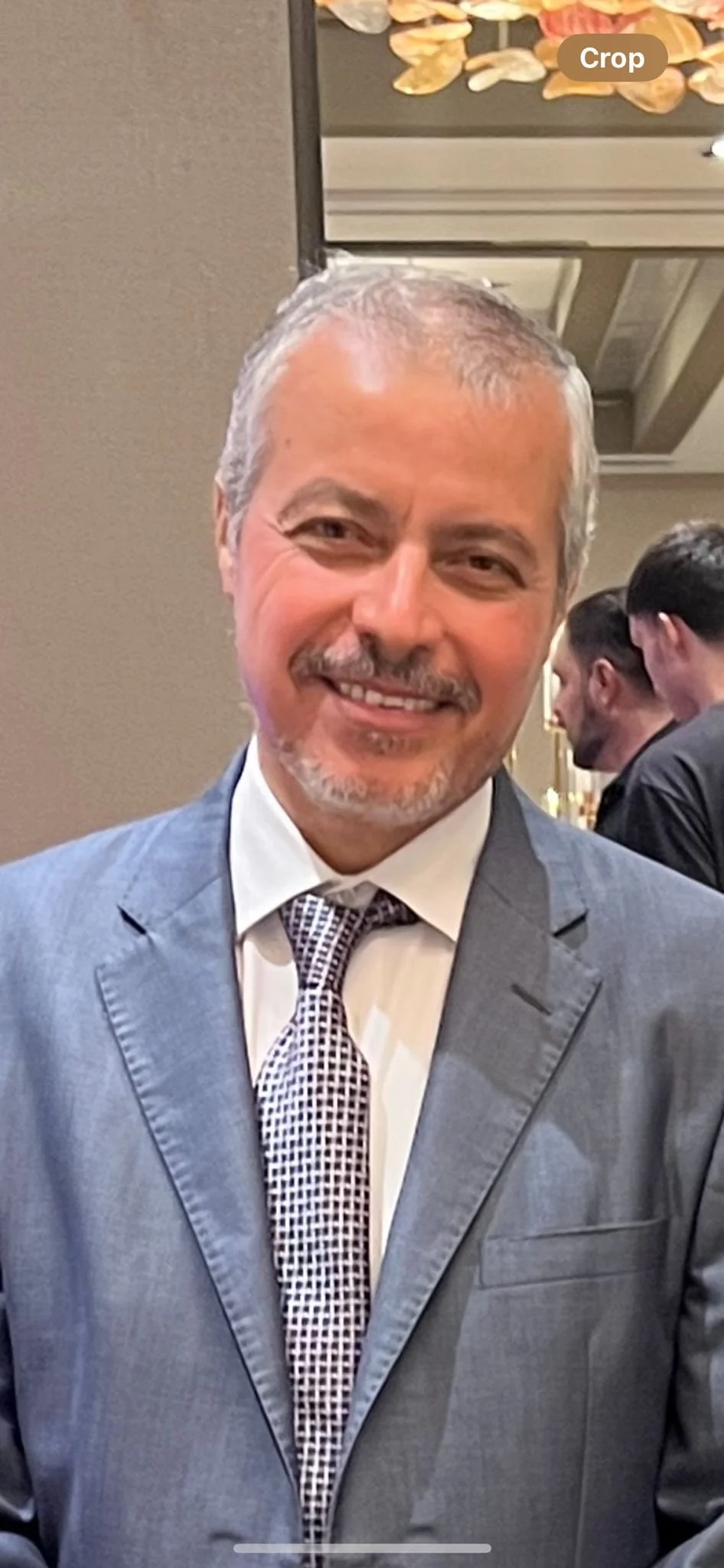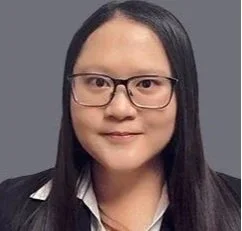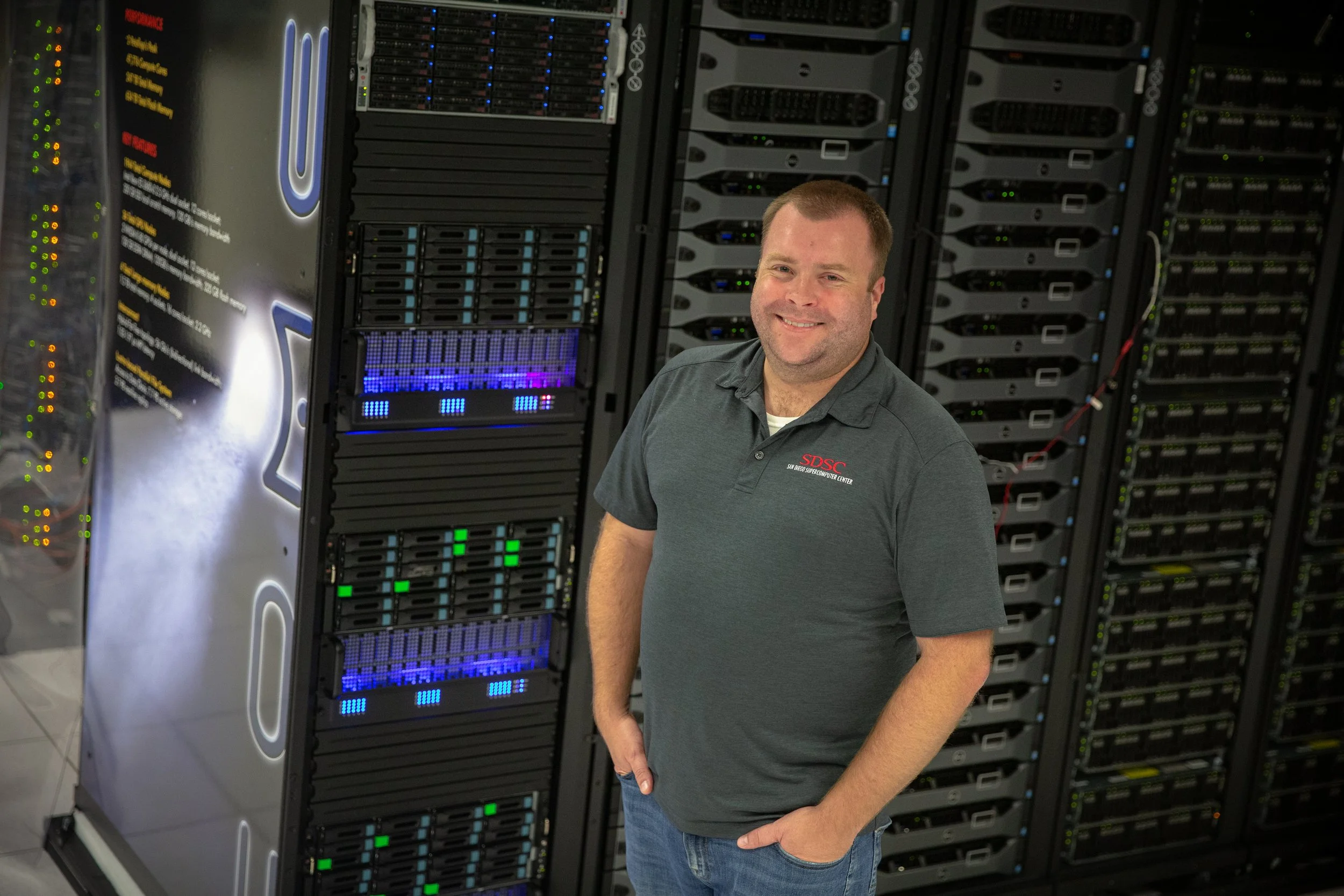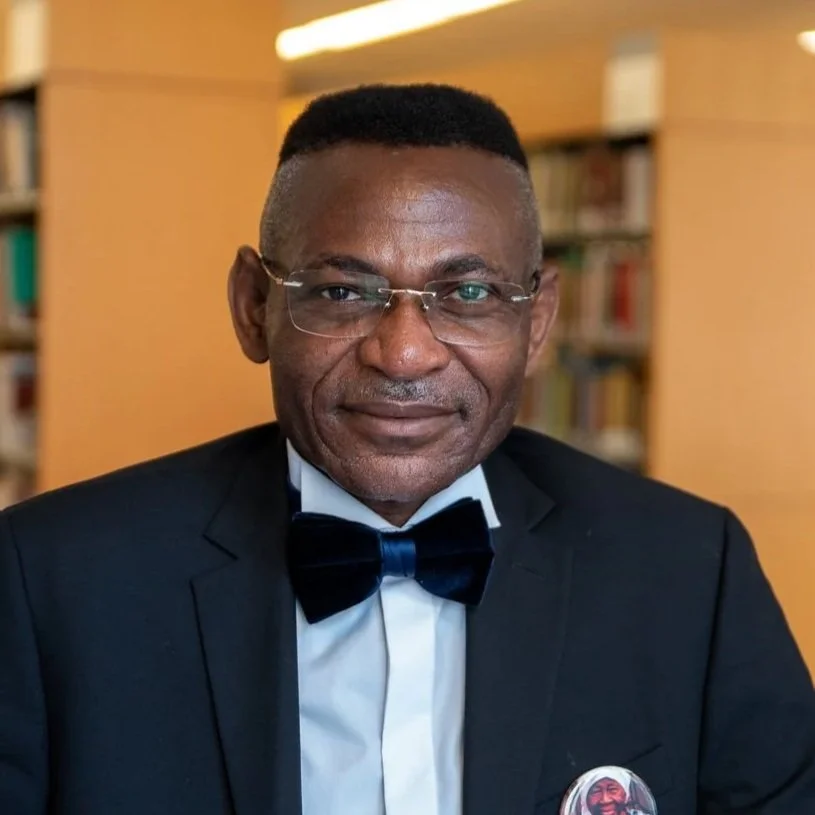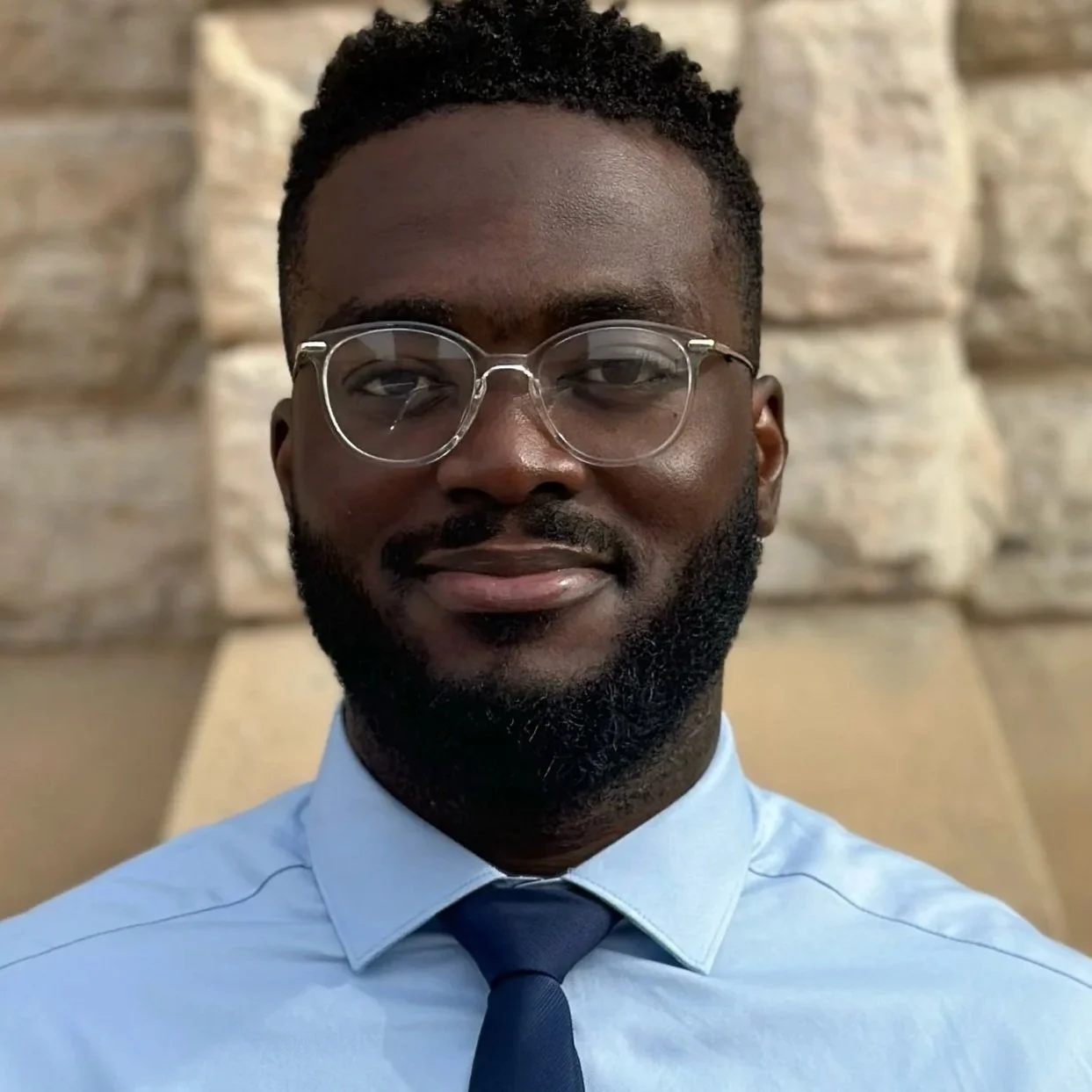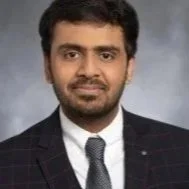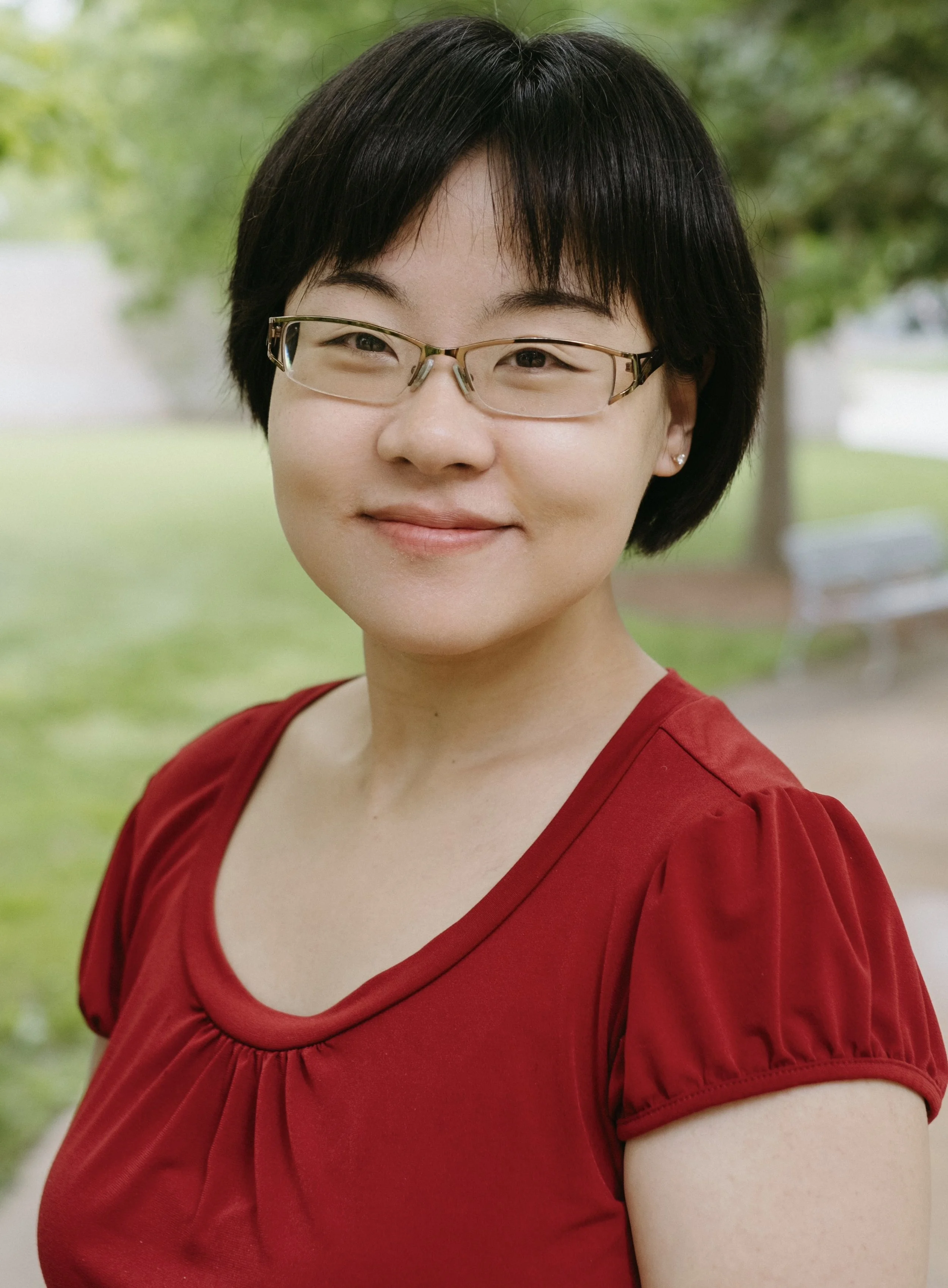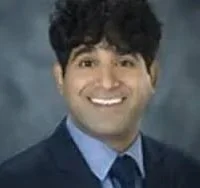Trusted CI, the NSF Cybersecurity Center of Excellence, is proud to announce the recipients of the 2025 Trusted CI Fellowship
Izzat Alsmadi
Professor of Computing, Engineering, and Mathematical Sciences at Texas A&M University - San Antonio
Izzat also serves as the Director of Research Computing. From 2021 to 2023, he held dual leadership roles as Chair of the Department of Computing and Cyber Security and Graduate Program Coordinator, during which he significantly expanded graduate enrollment and developed three advanced degree programs: MS in Computer Science, MS in Cybersecurity, and a PhD in Cybersecurity.
Dr. Alsmadi has an extensive academic background with a Ph.D. in Software Engineering from North Dakota State University, and his research focuses on cybersecurity, machine learning, and adversarial AI. He has authored and co-authored over 100 peer-reviewed publications and several books. He actively mentors both graduate and undergraduate students in research, often resulting in co-authored publications and conference presentations.
His recent awards include the 2023 Senior Scholarly Research or Artistic Achievement Award and the 2019 Junior Scholarly Research Award from Texas A&M University–San Antonio. He is also the principal investigator for the NSF-funded ARCATS project, which accelerates research computing at TAMUSA
Google Scholar: https://scholar.google.com/citations?user=VuFUT2IAAAAJ&hl=en
Carlos Cabrera
Computer Science Faculty member at Clemson University
Carlos Cabrera is a Computer Science and Cybersecurity research professor at Clemson University. He is a Biometric Security expert with over twenty-five years in image processing and analytics. His most recent work uses brain concentration wave patters to determine veracity of information provided by human subjects. Additionally, his research has included several projects developing biometric thermal visualization and thermal image analytics. He holds a Ph.D. in Electrical and Computer Engineering.
Hongmei Chi
Google endowed Professor in the Department of Computer and Information Sciences at Florida A&M University
From 2016 to 2022, she directed the FAMU Center for Cybersecurity. She has been the director of the CIS graduate program since 2021. With extensive research funding in machine learning, cybersecurity, digital forensics, and data science, Dr. Chi teaches undergraduate and graduate courses, including network security, cryptography, AI, and deep learning. Her research interests include HPC, mobile health security, and applying large language models in digital forensics and cybersecurity. She has published extensively in leading journals and conferences and has served as PI or Co-PI in federal grants. Dr. Chi collaborates with numerous STEM faculty at FAMU and beyond and is beginning to explore quantum machine learning.
Vivian Huangfu
Assistant Professor at San Diego State University
Professor Huangfu received her Ph.D. from the University of Arizona. Her areas of research expertise include business analytics, public health, machine learning, and data mining. Her research has been published in a list of conference proceedings and journals, including IEEE Transactions on Cybernetics, IEEE Transactions on Systems, Man, and Cybernetics (TSMC), Journal of Medical Internet Research, IEEE Signal Processing Letters, Expert Systems, Expert Systems with Applications, Journal of Systems and Software, Pacific Asia Journal of the Association for Information Systems (PAJAIS), Pattern Recognition Letters, Information Processing & Management, AAAI Conference on Artificial Intelligence (AAAI), International Joint Conference on Artificial Intelligence (IJCAI), and Association for Computing Machinery Multimedia (ACM MM).
She serves as a reviewer for IEEE Transactions on Pattern Analysis and Machine Intelligence (TPAMI), IEEE Intelligent Systems, Information & Management, Information Systems Frontiers, Annual Meeting of the Association for Computational Linguistics (ACL), Empirical Methods in Natural Language Processing (EMNLP), Hawaii International Conference on System Sciences (HICSS), Association for Computing Machinery Multimedia (ACM MM), and International Conference on Computer Vision (ICCV).
She is a GREW Fellow and has received several grants and funding from the National Science Foundation (NSF), the National Institutes of Health (NIH), the National Security Agency (NSA), and the Department of Energy (DOE).
She has served on review panels for several NSF programs and the USDA program, and also as an ad-hoc reviewer for NIH.
Martin Kandes
Senior Computational and Data Science Research Specialist at the San Diego Supercomputer Center (SDSC)
As part of the High-Performance Computing (HPC) User Services Group within the Data-Enabled Scientific Computing Division, he provides technical user support and services to the national research community, leveraging the Advanced Cyberinfrastructure (CI) and HPC resources designed, built, and operated by SDSC on behalf of the U.S. National Science Foundation (NSF). Marty is also a member of the National Artificial Intelligence (AI) Research Institute for Intelligent CI with Computational Learning in the Environment (ICICLE). His current research interests include problems in distributed AI inference over wireless networks, data privacy in natural language processing, and secure interactive computing. He also contributes to many of the education, outreach, and training initiatives at SDSC, including serving as a Co-PI for the COMPrehensive Learning for end-users to Effectively utilize CyberinfraStructure (COMPLECS) CyberTraining program and as a mentor for the Research Experience for High School Students (REHS) program.
Marty received his Ph.D. in Computational Science from the Computational Science Research Center (CSRC) at San Diego State University (SDSU), where he studied quantum systems in rotating frames of reference through the use of numerical simulations. He also holds an M.S. in Physics from SDSU and dual B.S. degrees in Applied Mathematics and Physics from the University of Michigan, Ann Arbor.
Eugene Mananga
Professor of Physics, Chemistry, and Nanoscience at The City University of New York (CUNY Graduate Center & BCC)
Dr. Eugene S. Mananga is a Professor of physics, chemistry, and nanoscience at The City University of New York (CUNY Graduate Center & BCC), an Adjunct Professor of applied physics at New York University, and a Visiting Scientist at Brookhaven National Laboratory. He is a selected Fellow at KAVLI Institute for Theoretical Physics (KITP) at the University of California Santa Barbara. His research spans a range of topics in condensed matter physics, materials science and computational science. Specifically, his research is focused on controlling the spin dynamics in solid-state nuclear magnetic resonance (NMR) and using computational methods based on density functional theory to investigate and characterize materials systems for energy storage as well as zeolite catalysis. His work utilizes a range of methods, from experimental solid-state NMR, to theoretical chemical physics and spectroscopy and modern computational chemical science with high-performance computing. He has published more than 80 peer-review scientific articles and is the recipient of several distinguished awards including the 2025 City University of New York Award from The Graduate Center of CUNY in recognition of outstanding scholarly contributions, mentorship and dedication to CUNY; the 2024 Distinguished Mentor Award from the Society for Advancement of Chicanos/Hispanics and Native Americans in Science (SACNAS); the 2023 President’s Award from the President of BCC of CUNY for Excellence in Research, Creative Activities, Outstanding Dedication, Hard Work, and Passion for Education; the 2022 CUNY Junior Faculty Research Award in Science and Engineering (JFRASE) sponsored by the Alfred P. Sloan Foundation for potential to make a significant contribution to Physics, to Nuclear Magnetic Resonance & Lithium-Ion Battery Fields, to CUNY, and to society; the 2021 Lifetime Achievement Award from VDGOOD Professional Association in India in Recognition for International Scientists of Engineering, Science, and Medicine; the 2018 Distinguished Scientist Award from the American Chemical Society (New York Section) for “Contributions and Advanced Studies in the Theory of Spin Dynamics in Solid-State NMR and Quantum Mechanics”; and the 2017 Henry Wasser Award in Physics from The CUNY Academy for Humanities and Sciences in recognition of “Outstanding Scholarship and Academic Performance.” Most significant, on January of 2025, the US President Joe Biden honored him for the 2023 White House Presidential Award for Excellence in Science, Mathematics, and Engineering Mentoring (PAESMEM), which recognize exceptional science, technology, engineering and mathematics mentoring by individuals and organizations across the U. S. and its territories who display exemplary mentoring of groups historically underrepresented in STEM sectors and the STEM workforce. The program is administered by the National Science Foundation (NSF) on behalf of the White House Office of Science and Technology Policy. In addition, he has been selected to several highly selective Faculty Fellowships (VFP) from the US Department of Energy to perform research in major National Laboratories including Argonne National Laboratory, Lawrence Berkeley National Laboratory, and Brookhaven National Laboratory.
Professor Mananga completed his Ph. D. in Physics from The City University of New York Graduate Center under the supervision of the CUNY Distinguished Professor Steven Greenbaum, his Postdoctoral studies in Nuclear Medicine at Harvard Medical School and Massachusetts General Hospital, and he holds more than 8 additional graduate degrees and training from various institutions including Harvard Medical School and Massachusetts Institute of Technology Extension (MITX). He was a Research Fellow in the National High Magnetic Field Laboratory of USA and in the French Alternative Energies and Atomic Energy Commission (CEA-SACLAY).
Dr. William Marfo
Cyberinfrastructure Software Engineer with (CRESCENT) at the University of California, Davis
Dr. William Marfo is a Cyberinfrastructure Software Engineer with the Cascadia Region Earthquake Science Center (CRESCENT) at the University of California, Davis. His work involves the end-to-end development of scientific cyberinfrastructure, from creating robust software to deploying scalable cloud solutions on platforms like AWS. He draws upon his background in AI/machine learning, HPC, and cybersecurity to ensure these systems are secure and efficient. His experience includes collaborations with U.S. DOE national laboratories focused on anomaly detection and protecting critical infrastructure.
Harsh Parekh
Assistant Professor at Baruch College, City University of New York
Harsh’s research focuses on organizational cybersecurity and privacy management, with particular attention to the aftermath of cyber incidents. His work examines how breaches are communicated using a combination of computational methods and experimental techniques. He is also exploring the role of large language models in addressing security challenges. In addition, Harsh has conducted research on cloud computing, the Internet of Things, Digital Twins, and unregulated cyber practices such as cyber hygiene
Pengyin Shan
Senior Research Software Engineer at National Center for Supercomputing Applications (NCSA)
Pengyin Shan is a Sr. Research Software Engineer (RSE) at the National Center for Supercomputing Applications, University of Illinois Urbana-Champaign. Her work centers on developing accessible research applications for complex datasets in various domains such as smart geospatial systems and digital agriculture. She is passionate about advocating cybersecurity awareness to systematically strengthen security practices within the research computing and RSE communities. In particular, she wants to emphasize secure strategies for using AI tools in coding and architecting AI-integrated research applications with a cybersecurity-first mindset. Pengyin holds a B.S. in Computer Science Engineering from The Ohio State University and an M.B.A. from York University. She is also an active member of the US Research Software Engineer Association
Dr. Nitin Sukhija
Director of the Center for Cybersecurity and Advanced Computing and Professor in the Department of Computing and Security at Slippery Rock University of PA
Nitin has been involved in research and management of various projects pertaining to the HPC and software security challenges in industry and academia for over two decades. His areas of expertise are scientific computing focusing on performance modeling, robustness and resilience analysis, cybersecurity, Cyber analytics and big data analytics. Dr. Sukhija chaired and co-chaired many conferences and is also serving as an active member of the organizing committees of various esteemed national and international conferences and workshops. He is currently serving as the co-chair for the ACM SIGHPC Education Chapter workshop committee and member of NAIRR Pilot User Experience Working Group and has been active in the planning and participation in the HPC Training Workshops series at the SC, ISC, PEARC, and other conferences.
Ten individuals with professional interests in cybersecurity have been selected from a competitive national pool. These Fellows represent a wide range of institutions, disciplines, and experiences, united by a shared commitment to advancing cybersecurity in their communities in support of trustworthy open science.
Throughout their Fellowship year, the Fellows will receive:
Recognition for their contributions to cybersecurity in the open science community.
Professional development opportunities, including specialized training.
Full travel support to participate in the 2025 NSF Cybersecurity Summit in Boulder, CO (October 20-23).
Trusted CI looks forward to supporting their journey and seeing the impact they will make in strengthening the security of scientific cyberinfrastructure.
About the Trusted CI Fellows Program
Trusted CI serves the scientific community as the NSF Cybersecurity Center of Excellence, providing leadership and assistance in cybersecurity in support of research. In 2019, Trusted CI established an Open Science Cybersecurity Fellows program. This program establishes and supports a network of Fellows with diversity in both geography and scientific discipline. These fellows will have access to training and other resources to foster their professional development in cybersecurity. In exchange, they will champion cybersecurity for science in their scientific and geographic communities and communicate challenges and successful practices to Trusted CI.
Fellows come from a variety of career stages. They demonstrate a passion for their area, the ability to communicate ideas effectively, and a real interest in the role of cybersecurity in research. Fellows are empowered to talk about cybersecurity to a wider audience, network with others who share a passion for cybersecurity for open science, and learn key skills that benefit them and their collaborators.

